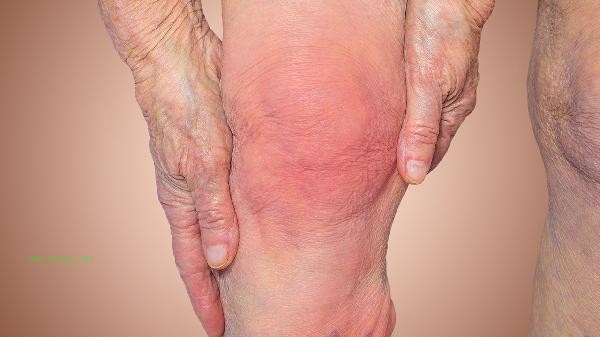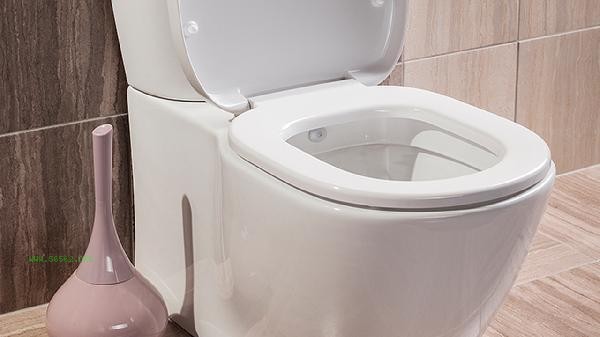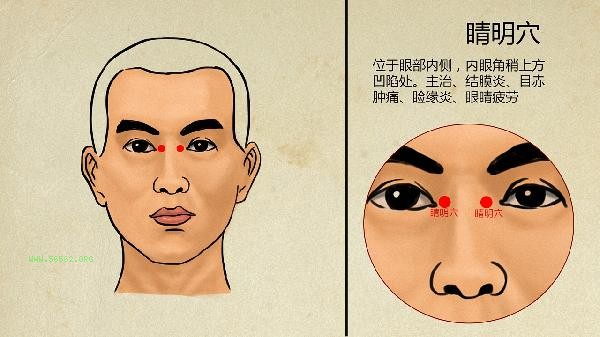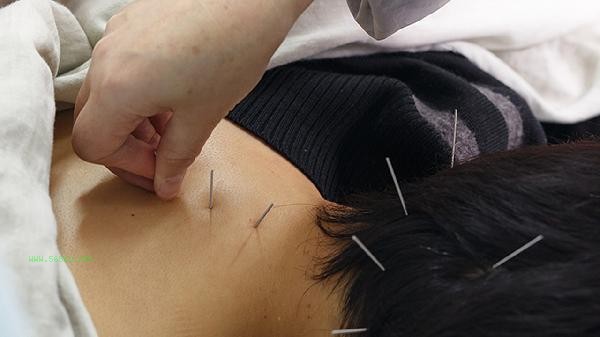Abdominal liposuction surgery may cause infections, bleeding, uneven skin texture, and in severe cases, may lead to fat embolism. Liposuction surgery is a cosmetic procedure that uses negative pressure to remove excess fat. Although it is effective, it carries certain risks. During the surgery, blood vessels and nerves may be damaged, and improper postoperative care may also lead to complications.
1. Infection is one of the common complications of liposuction surgery. During the surgery, the skin is cut open, and bacteria may enter the body through the wound, causing local or systemic infections. After surgery, it is necessary to strictly follow the doctor's nursing advice, keep the wound clean, and take antibiotics on time. If symptoms such as redness, swelling, and fever occur, seek medical attention promptly.
2. Bleeding is another potential risk. The straw used in liposuction surgery may damage blood vessels and cause excessive bleeding. A comprehensive blood test should be conducted before surgery to ensure normal coagulation function. Avoid strenuous exercise after surgery to prevent the wound from splitting open. If bleeding or hematoma is found, contact
immediately. Uneven skin is a common problem after liposuction surgery. Uneven extraction of fat during surgery may result in uneven skin surface. Choosing experienced doctors for surgery and wearing shapewear after surgery can help reduce this risk. If there are obvious unevenness, a second surgery may be needed for repair. 4. Fat embolism is one of the most serious complications in liposuction surgery. During the surgery, fat particles may enter the bloodstream, block blood vessels, and cause difficulty breathing, chest pain, and even shock. A comprehensive physical examination should be conducted before surgery to eliminate potential risk factors. Closely observe the physical condition after surgery and seek medical attention immediately if any abnormalities are found. Improper postoperative care may also lead to other complications, such as thrombosis and skin necrosis. Long term bed rest should be avoided after surgery, and appropriate activities should be taken to promote blood circulation. Maintaining a healthy diet and avoiding high-fat foods can help with recovery. Regularly review and promptly identify and address potential issues. Although abdominal liposuction surgery can quickly remove excess fat, there are certain risks involved. A comprehensive physical examination should be conducted before surgery, and experienced doctors should be selected for the operation. Strictly follow the nursing advice after surgery, closely observe the physical condition, and promptly detect and treat complications. Through scientific surgery and nursing, the harm of liposuction surgery can be effectively reduced, achieving ideal cosmetic results.









Comments (0)
Leave a Comment
No comments yet
Be the first to share your thoughts!